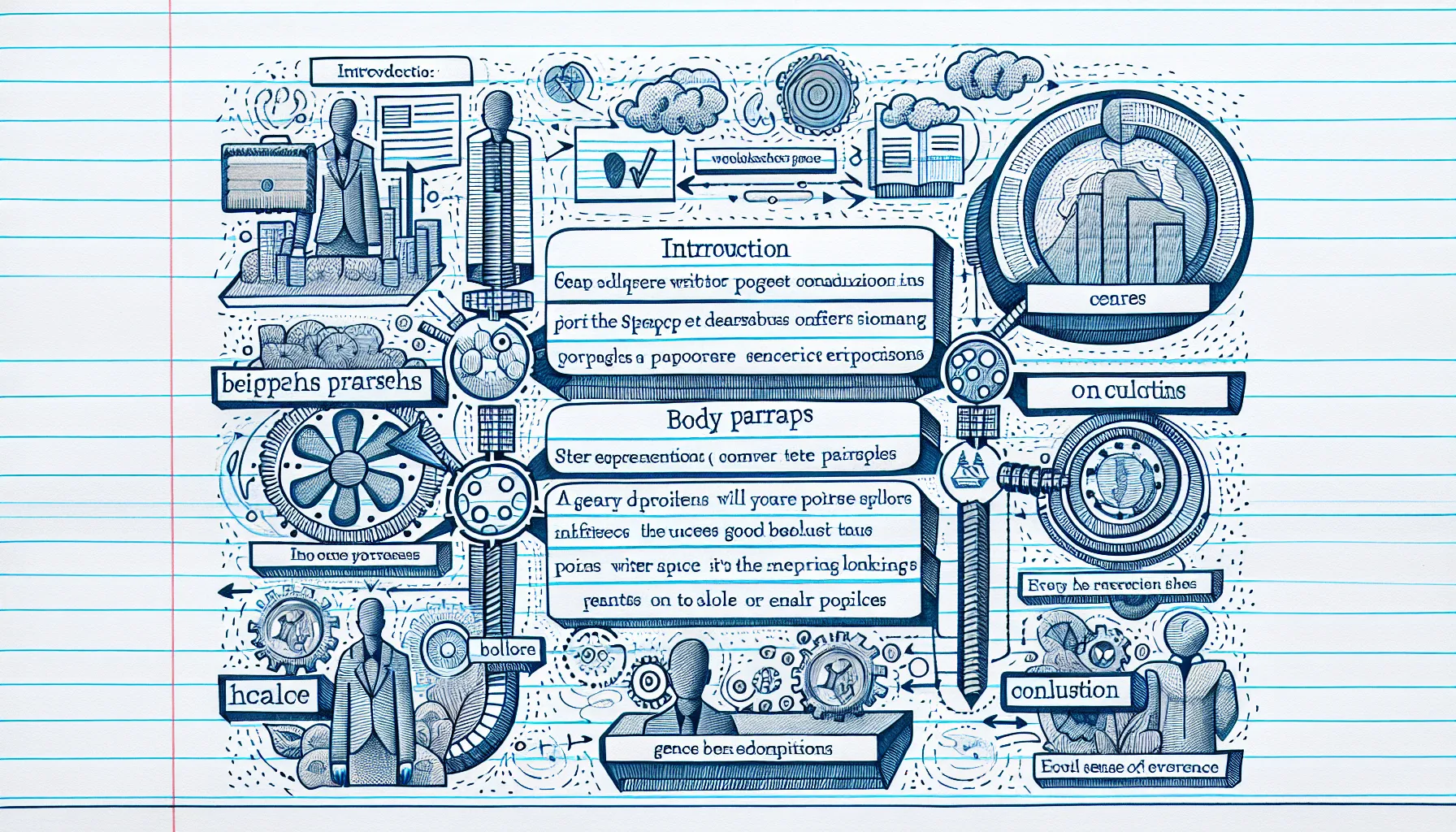Understanding Discursive Essays in IELTS Writing Task 2
Discursive essays are a common type of question in IELTS Writing Task 2. These essays require candidates to explore different perspectives on a given topic, presenting a balanced view of various arguments before reaching a conclusion. Mastering the art of writing discursive essays is crucial for achieving a high band score in the IELTS Writing module.

Key Elements of a Successful Discursive Essay
Balanced Argument Presentation
The cornerstone of a discursive essay is presenting multiple viewpoints on the given topic. To excel in this aspect:
- Identify at least two contrasting perspectives on the issue.
- Allocate equal space and depth to each viewpoint.
- Use objective language to discuss each argument.
- Support each point with relevant examples or evidence.
Remember, the goal is not to argue for one side but to explore the topic comprehensively.
Strong Introduction
Your introduction sets the tone for the entire essay. To craft an effective introduction:
- Paraphrase the question to show understanding.
- Provide background information on the topic.
- Outline the main points you will discuss.
- Avoid stating your personal opinion at this stage.
Well-Structured Body Paragraphs
Organize your body paragraphs to clearly present different viewpoints:
- Start each paragraph with a clear topic sentence.
- Present one main idea per paragraph.
- Use supporting details, examples, or statistics to elaborate on each point.
- Ensure smooth transitions between paragraphs using appropriate linking words.
Objective Language Use
Maintaining objectivity is crucial in discursive essays:
- Use neutral language to discuss different viewpoints.
- Avoid emotional or biased statements.
- Employ phrases like “Some people argue that…” or “It is often suggested that…”
- Present counterarguments using expressions such as “On the other hand…” or “However, others believe…”
Logical Conclusion
Your conclusion should tie everything together:
- Summarize the main points discussed.
- Avoid introducing new ideas.
- Provide a balanced overall view of the topic.
- If required, state your personal opinion based on the evidence presented.
Advanced Tips for Excelling in Discursive Essays
Develop a Wide Vocabulary
A rich vocabulary enhances your ability to express complex ideas:
- Learn and use academic words and phrases.
- Practice using synonyms to avoid repetition.
- Incorporate idiomatic expressions appropriately.
Improve Your Critical Thinking Skills
Strong analytical skills are essential for discursive essays:
- Practice analyzing current affairs from multiple perspectives.
- Read opinion pieces and identify different arguments presented.
- Engage in debates or discussions to understand various viewpoints.
Master Cohesion and Coherence
Ensure your essay flows logically:
- Use a variety of cohesive devices (e.g., furthermore, nevertheless, in contrast).
- Ensure each paragraph connects smoothly to the next.
- Maintain a clear line of argument throughout the essay.
Practice Time Management
Efficient time use is crucial in the IELTS Writing test:
- Spend about 5 minutes planning your essay structure.
- Allow 30 minutes for writing.
- Reserve 5 minutes for proofreading and editing.
Enhance Your Grammar Range
Demonstrate your language proficiency:
- Use a mix of simple, compound, and complex sentences.
- Incorporate a variety of tenses where appropriate.
- Show control over complex grammatical structures.
Common Pitfalls to Avoid in Discursive Essays
- Taking a strong stance from the beginning.
- Neglecting to present contrasting viewpoints.
- Using overly emotional or biased language.
- Failing to support arguments with examples or evidence.
- Introducing new ideas in the conclusion.
Practical Exercises to Improve Your Discursive Essay Skills
- Analyze sample high-scoring discursive essays to understand their structure and language use.
- Practice writing introductions that effectively set up the discussion without revealing bias.
- Create outlines for various discursive essay topics, focusing on balanced argument presentation.
- Write body paragraphs presenting contrasting viewpoints on current affairs topics.
- Develop a list of useful phrases for introducing different perspectives and linking ideas.
By following these tips and consistently practicing, you can significantly improve your ability to write compelling discursive essays for IELTS Writing Task 2. Remember, the key is to present a balanced, well-structured argument that demonstrates your language skills and critical thinking abilities.